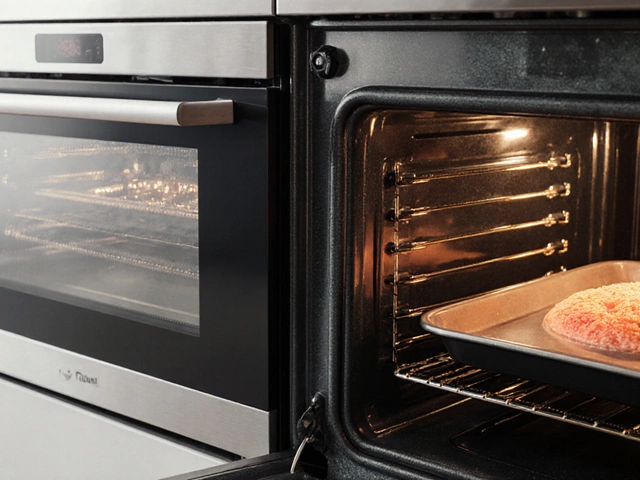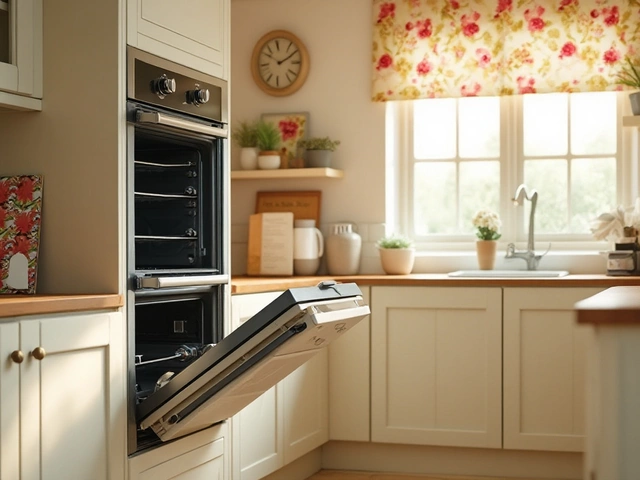Troubleshooting Cold Showers: Common Hot Water Problems and Solutions
January 18 2025Heating Repair: Quick Fixes, When to Call a Pro, and Cost Guide
If your home feels like a freezer, the heating system is the first thing to check. Most heating problems are easy to spot and many can be fixed without a big bill. Below you’ll find the most common issues, simple steps you can take, and clear signs it’s time to call a certified gas engineer.
Common Heating Problems and DIY Solutions
1. No heat at all – Start by making sure the thermostat is set to ‘heat’ and the temperature is higher than the room. If the boiler isn’t firing, check the pressure gauge; it should sit between 1 and 1.5 bar. Low pressure is a quick fix – just add water via the filling loop following the boiler’s manual.
2. Odd noises – Banging or whistling often means trapped air in the radiators. Turn off the heating, let the system cool, then bleed each radiator with a radiator key. Close the valve when water starts to flow.
3. Cold spots in radiators – This usually points to sludge build‑up. A power flush by a professional clears the system, but a short DIY power‑flushing kit can work for smaller jobs. Remember to refill and re‑pressurise the system afterward.
4. Boiler constantly switching off – Over‑temperature or a faulty pump can cause this. Check that the thermostat isn’t located near a heat source, and listen for the pump humming. If it’s silent, the pump may need replacement.
5. Leaking water – Small drips from pipe joints often need tightening or a new seal. Bigger leaks from the boiler housing mean a professional should step in fast to avoid water damage and safety risks.
How to Choose Between Repair and Replacement
When you’ve identified the fault, ask yourself three questions: How old is the system? What’s the repair cost? Will fixing it extend the life by a few more years?
Boilers typically last 10‑15 years. If yours is over 12 years and the repair bill tops £500, a new high‑efficiency model might save you on fuel bills in the long run. For heat pumps, a lifespan of 12‑15 years is common. If performance has dropped dramatically and repair costs exceed £400, replacement is worth considering.
Emergencies—like no heat during a cold snap—call for immediate professional help. Our Bedford‑based engineers can diagnose the issue within an hour and give a clear, written estimate. We’ll also explain any safety concerns, such as gas leaks or carbon monoxide risks.
Regular maintenance is the cheapest way to avoid big repairs. A yearly service checks the gas pressure, burner, and heat exchanger, catching wear before it breaks down. After a service, you’ll get a safety certificate, which is handy for insurance and resale.
Bottom line: start with the quick checks above, weigh the age and cost, and don’t gamble with gas safety. If you’re unsure, give us a call—we’ll send a qualified gas engineer to keep your home warm and safe.
 17 Apr
17 Apr
Are Boilers Expensive to Replace? What to Expect With Boiler Replacement Costs
Thinking about replacing your boiler? This guide gives you a real breakdown of how much it costs to swap out your old boiler, what factors bump up or cut back the total, and which costs you can't skip. Get tips on spotting when your boiler is done for, how to save money on a new install, and the hidden fees most people miss. Picking out a boiler doesn't have to be a mystery. Learn what impacts the bill and where you can make smart moves with your budget.
Read More...



